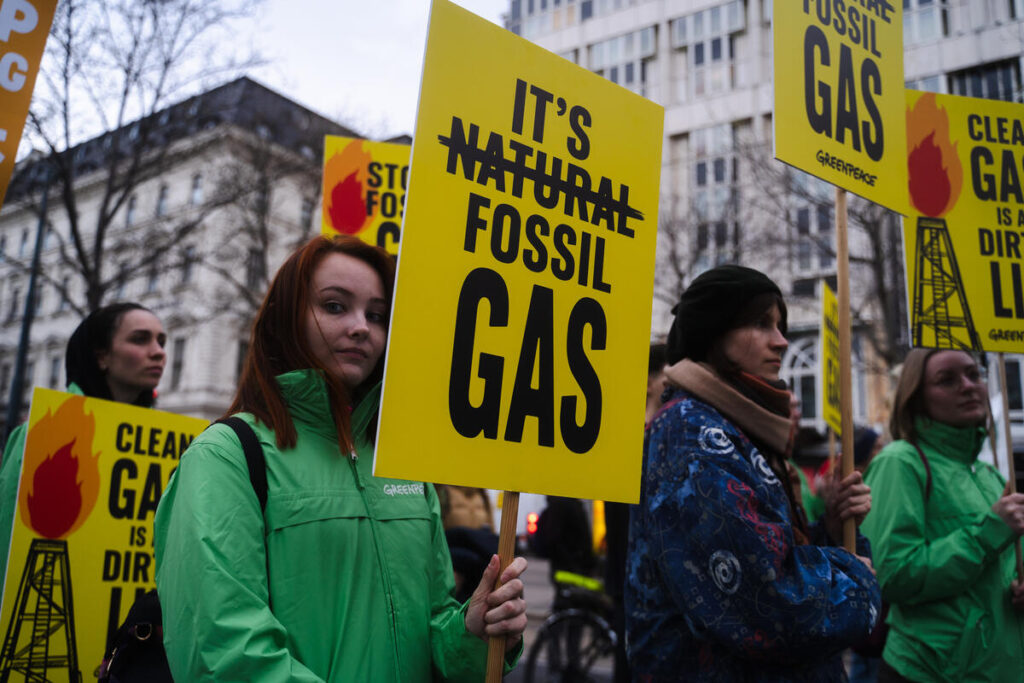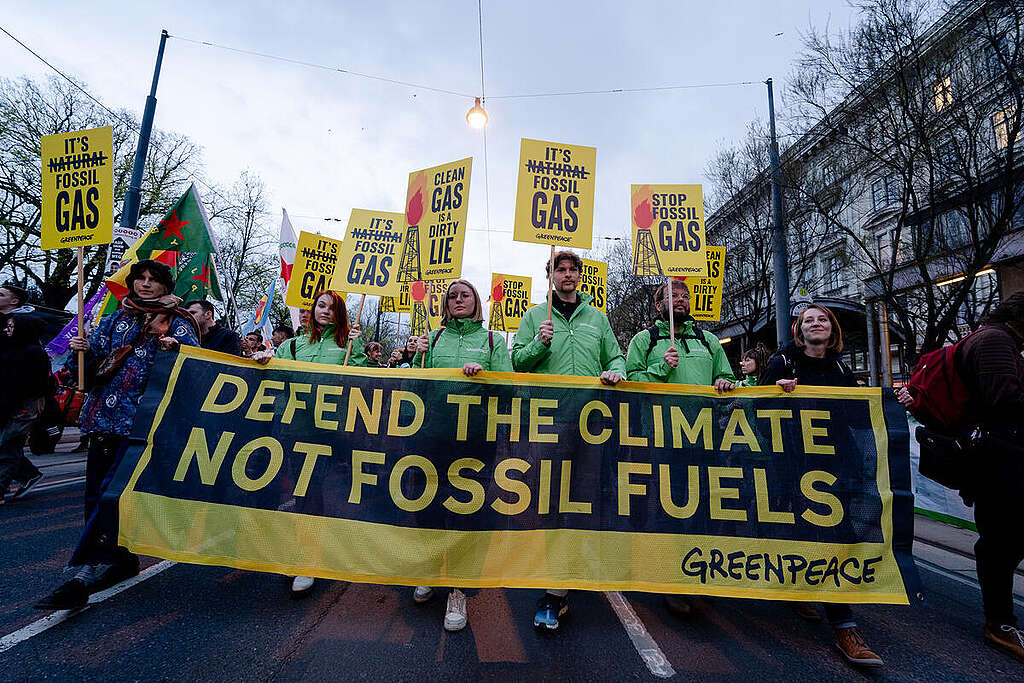Despite the term ‘natural’ in natural gas, it is not safe for the planet or climate. In reality, natural gas = fossil gas. Fossil gas, like oil and coal, is a dirty fossil fuel that endangers our safety. Here are the reasons:
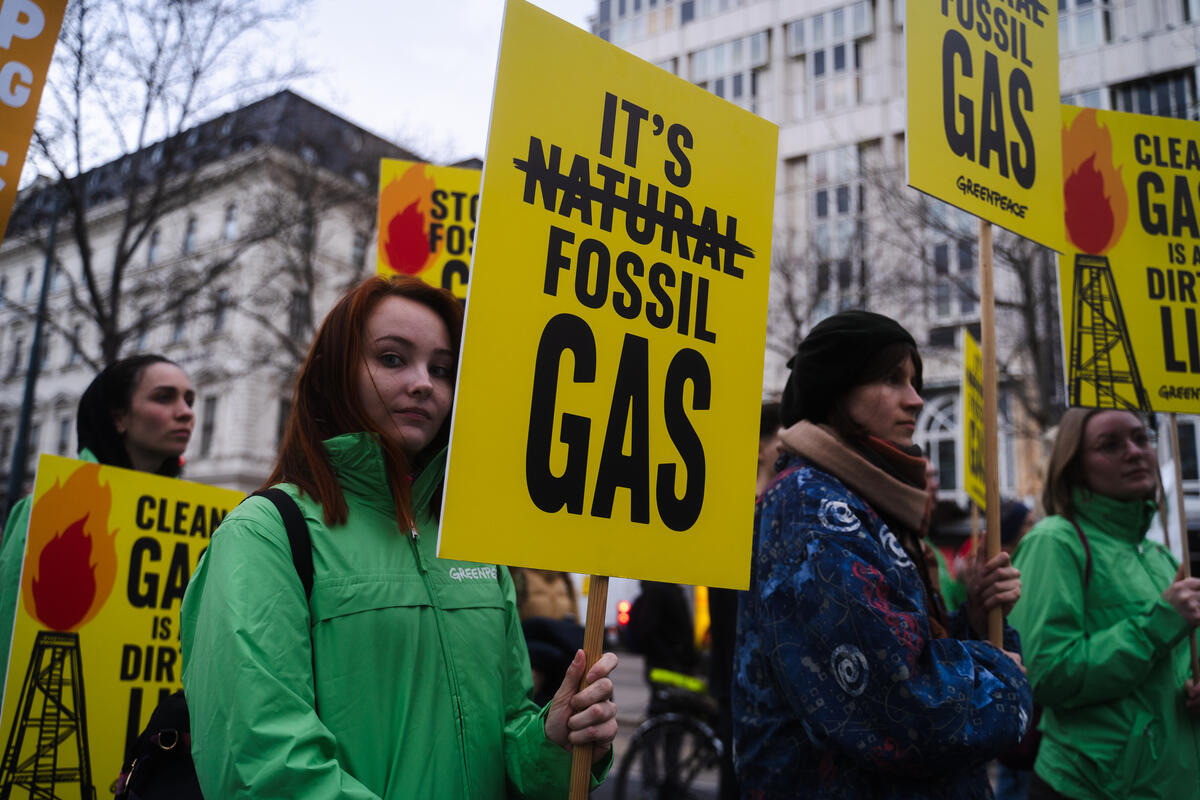
1. Fossil gas significantly contributes to the climate crisis
Fossil gas primarily comprises methane, a greenhouse gas 84 times more powerful than CO2 over 20 years. Burning fossil gas emits CO2, which exacerbates climate chaos. Gas accounts for 22% of global greenhouse gas emissions from fossil fuel combustion.
Methane leaks from wells, pipelines, and refineries are common, posing “a grave threat to humanity“. Studies show that fossil gas might be as harmful as coal, sometimes even worse.
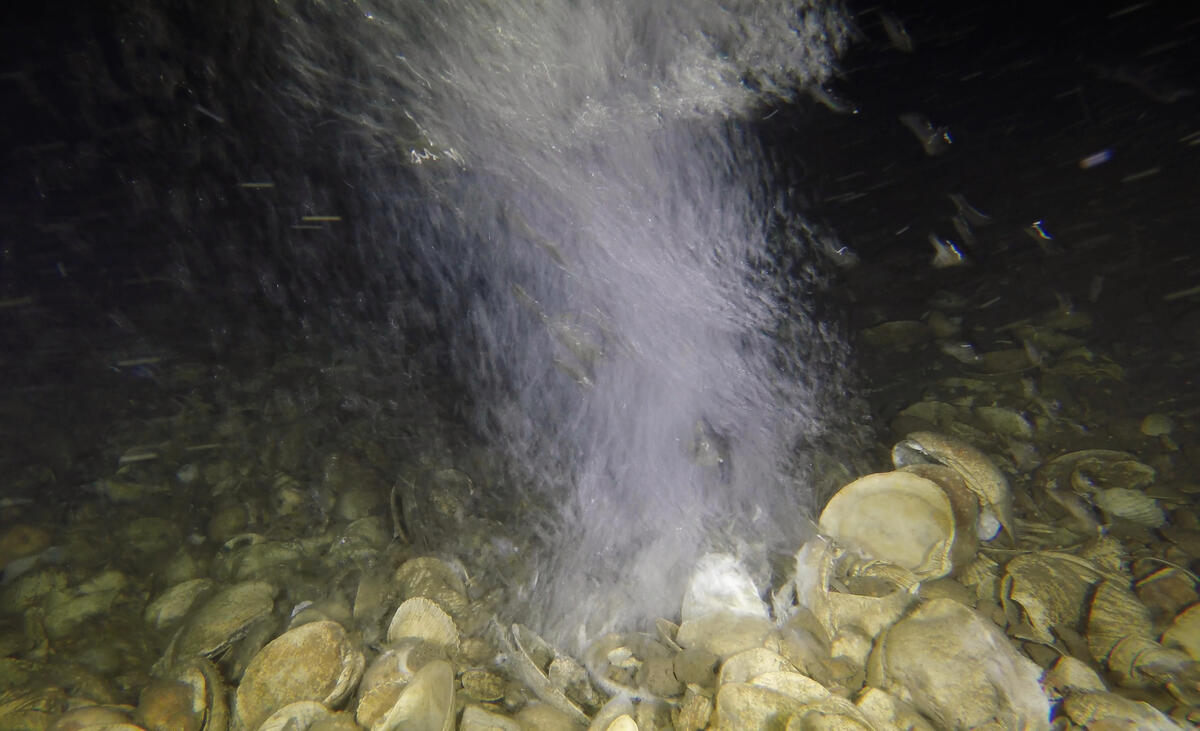
2. Fossil gas drives inequality, violence, and conflicts
While the energy industry enjoyed record profits in 2022, citizens faced higher heating and electricity costs, with persistent inflation affecting basic goods and services. High gas prices contribute to poverty and energy poverty.
Gas also fuels conflicts, favoring resource-rich countries over those needing gas imports. Fossil fuel extraction causes social impacts and human rights violations in regions belonging to Indigenous Peoples, often linked to violence, corruption, or forced displacement.
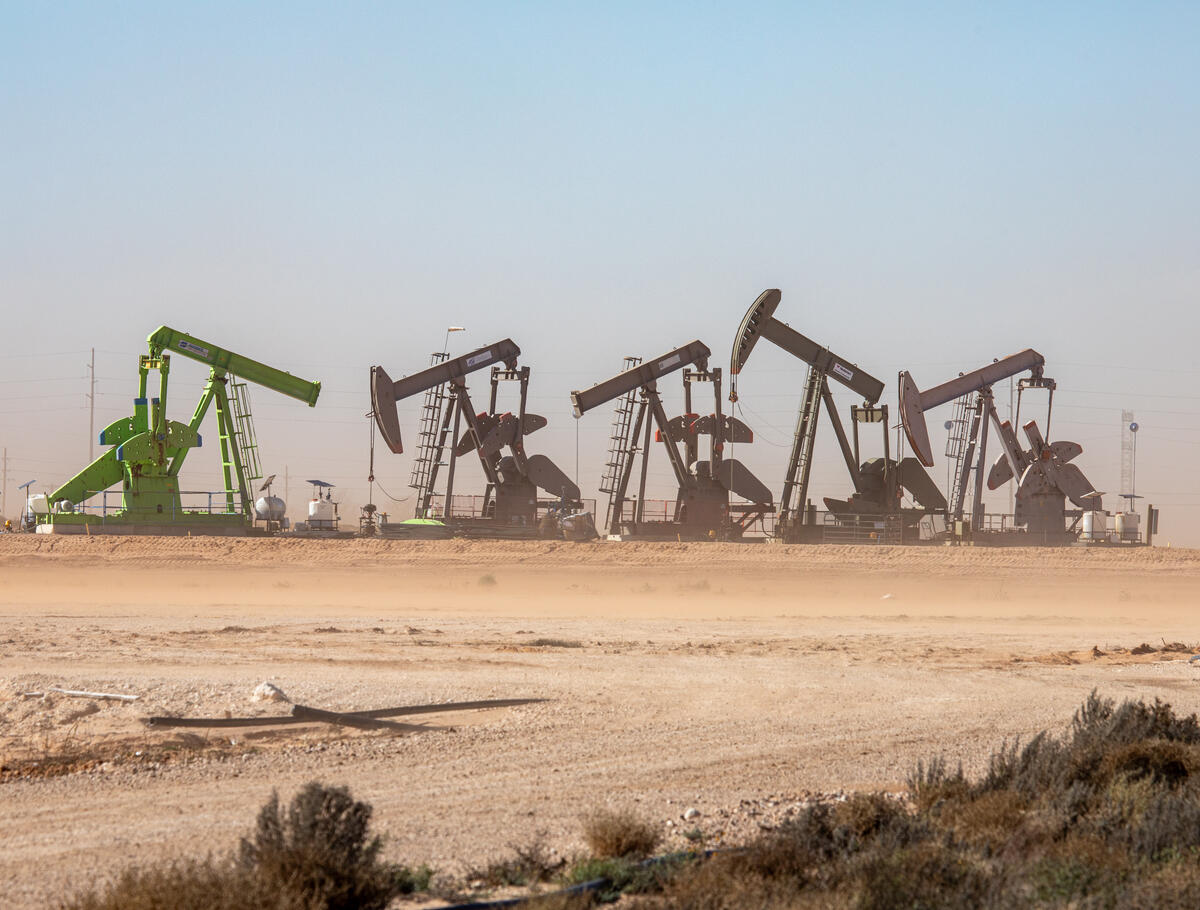
3. Fossil gas extraction infrastructure destroys ecosystems
Gas infrastructure like platforms, pipelines, and refineries are highly damaging to nature, causing deforestation, soil pollution, and harming wildlife like whales and dolphins. These impacts worsen the biodiversity and climate crises by harming fragile ecosystems that store CO2.
Fracking, a controversial gas extraction method, is particularly harmful and can lead to low birth weights, asthma, lymphoma, and other diseases.
4. Fossil gas pollution causes deaths and diseases
Burning fossil gas emits nitrogen oxides (NOx) and other toxins responsible for air pollution, leading to health issues like cardiovascular disease and cancer. Fossil fuel air pollution causes an estimated 5 million deaths yearly. Recent studies show that gas stoves increase the risk of respiratory disease.
Fossil-fuel-induced global warming also causes death and disease. An estimated 360,000 people could die prematurely due to extreme temperatures caused by emissions from nine major European oil and gas companies in 2022 alone.
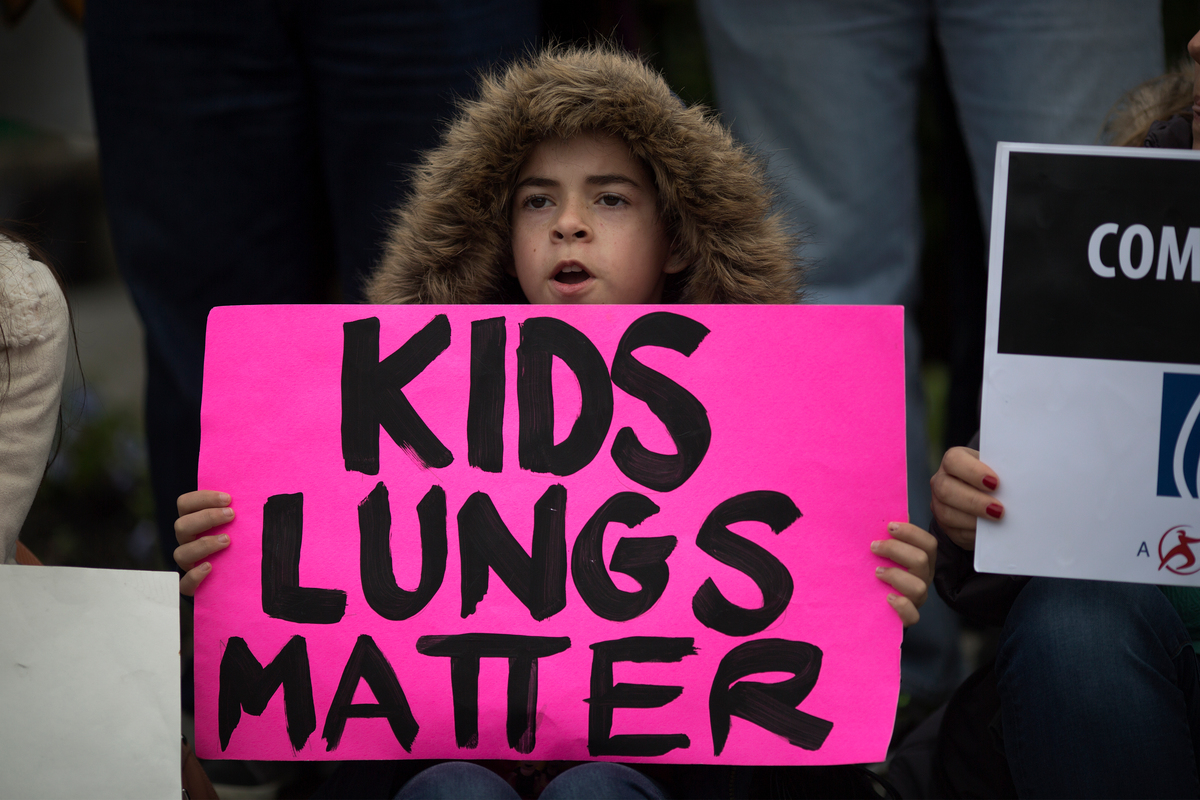
5. Fossil gas is an intrinsically dangerous business
Explosions, fires, and earthquakes are common in the gas industry. In the US, a gas pipeline accident occurs every 40 hours. Disasters like the San Juanico disaster in Mexico are notable examples.
Recently, the Netherlands shut down an onshore gas field due to chronic earthquakes damaging homes and buildings.
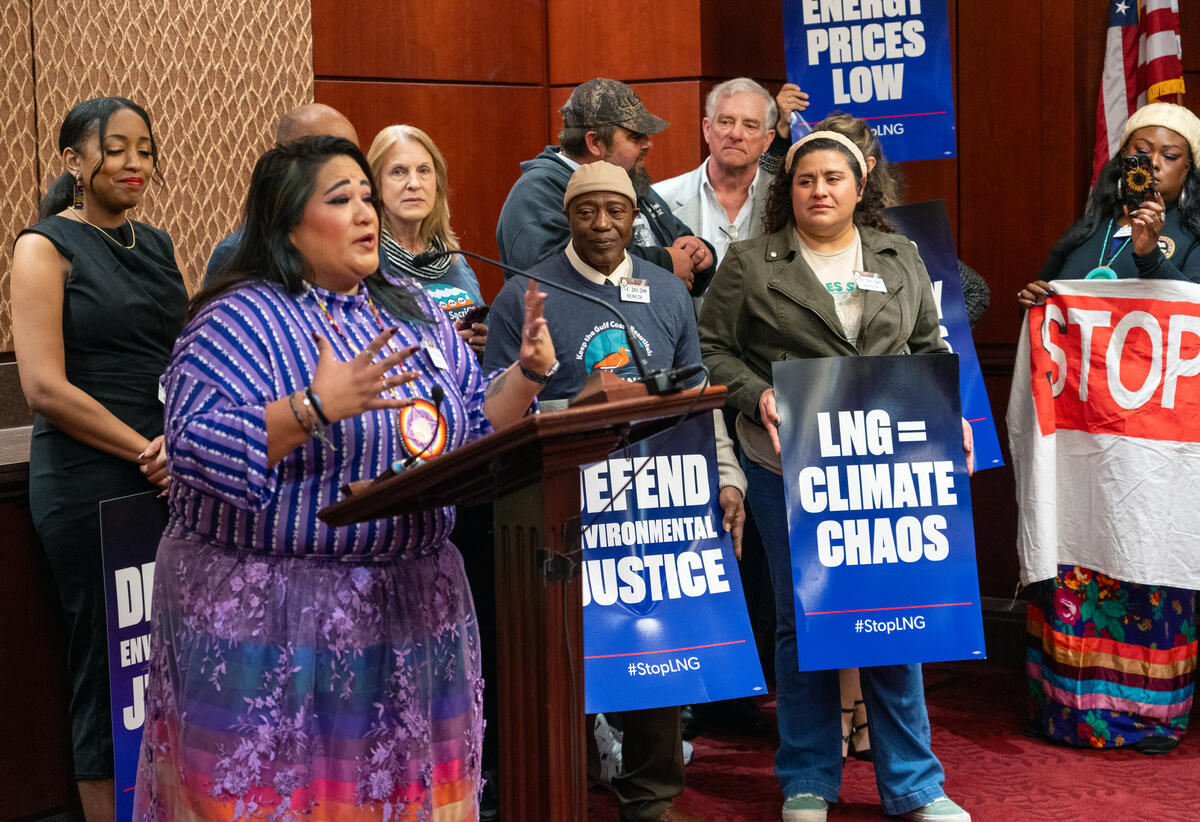
Let’s phase out fossil gas and fossil fuels
Fossil gas accounts for nearly a quarter of global energy consumption, used mainly for cooking, heating, power generation, and industry. Despite claims by fossil fuel companies, gas endangers our safety by driving inequalities, climate chaos, health problems, and environmental destruction.
However, 100% renewable energy systems exist and are feasible. Gas can be phased out by replacing it with renewables through electrification, reducing energy demand through efficiency, and developing energy storage and demand flexibility. Transitioning to renewable energy is crucial for present and future generations’ safety and justice.
Demand the European Union to treat the climate and ecological emergency like the existential crisis it is. Our lives depend on it.
Original Story at www.miragenews.com
